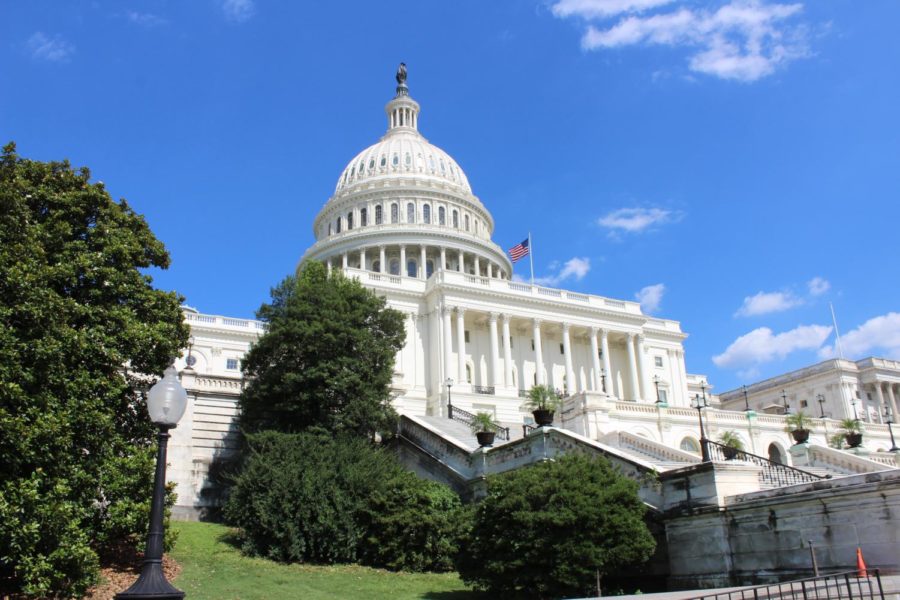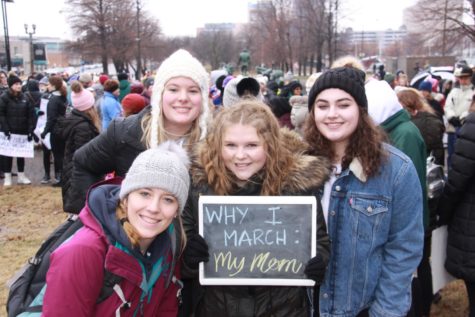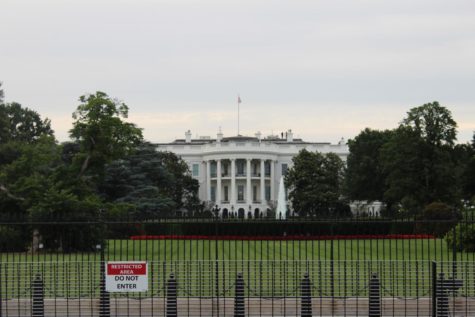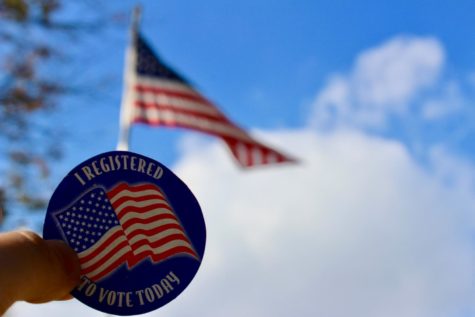The Real Effects of Government Shutdowns
If you have been paying attention to the news lately, you have likely heard about the partial government shutdown that dominated the news cycle throughout January. In case you haven’t, though, here is a quick rundown: a partial government shutdown began on December 22nd, 2018. This shutdown occurred as the result of a standoff between President Trump and Congressional Democrats over his proposed border wall. Trump asked for 5.7 billion dollars in funding for his wall. When Democrats were unwilling to include this in their proposed budget, so Congress was unable to pass a budget which both parties agreed upon. As a result, a government shutdown began. This shutdown continued until January 25th, when Trump signed a bill which would reopen the government for three weeks, giving both sides of the debate time to discuss and compromise while allowing federal employees to return to work. Since then, President Trump has declared a national emergency in order to receive funding for the border wall.
Many news outlets covered the shutdown’s end by depicting a winner and a loser. Many news outlets present Trump as having “conceded,” with most sources being in consensus that House Democrats, led by Speaker Nancy Pelosi, had a huge political victory over the president. However, the talk of winners and losers fails to acknowledge the hundreds of thousands of workers and their families who went without pay for a month.
Eight hundred thousand federal employees were left without pay for thirty-five days. Some of these workers were furloughed, meaning they were not able to work for the duration of the shutdown. Others were forced to work without pay. For employees living paycheck to paycheck, this created an incredible financial burden. For families reliant on these employees, this shutdown created a complete crisis. Suddenly, food and other necessities became difficult to find. The decision to shut down the government completely neglected the basic needs of hundreds of thousands of people.
When we talk about the government shutdown, our focus needs to change. Rather than focus on who “won” or “lost” the standoff between Democrats and Republicans, the media should focus on the real people whose lives were affected. When politicians make decisions, everyday Americans and their families are the ones facing the consequences. Behind every political dispute in Washington, the lives of millions of Americans hang in the balance. Whether we are discussing climate change, tax rates, or a government shutdown, the decisions of those in power directly affect us and those around us. We must educate ourselves and hold our lawmakers accountable; the lives of those living in this country depend on it.






